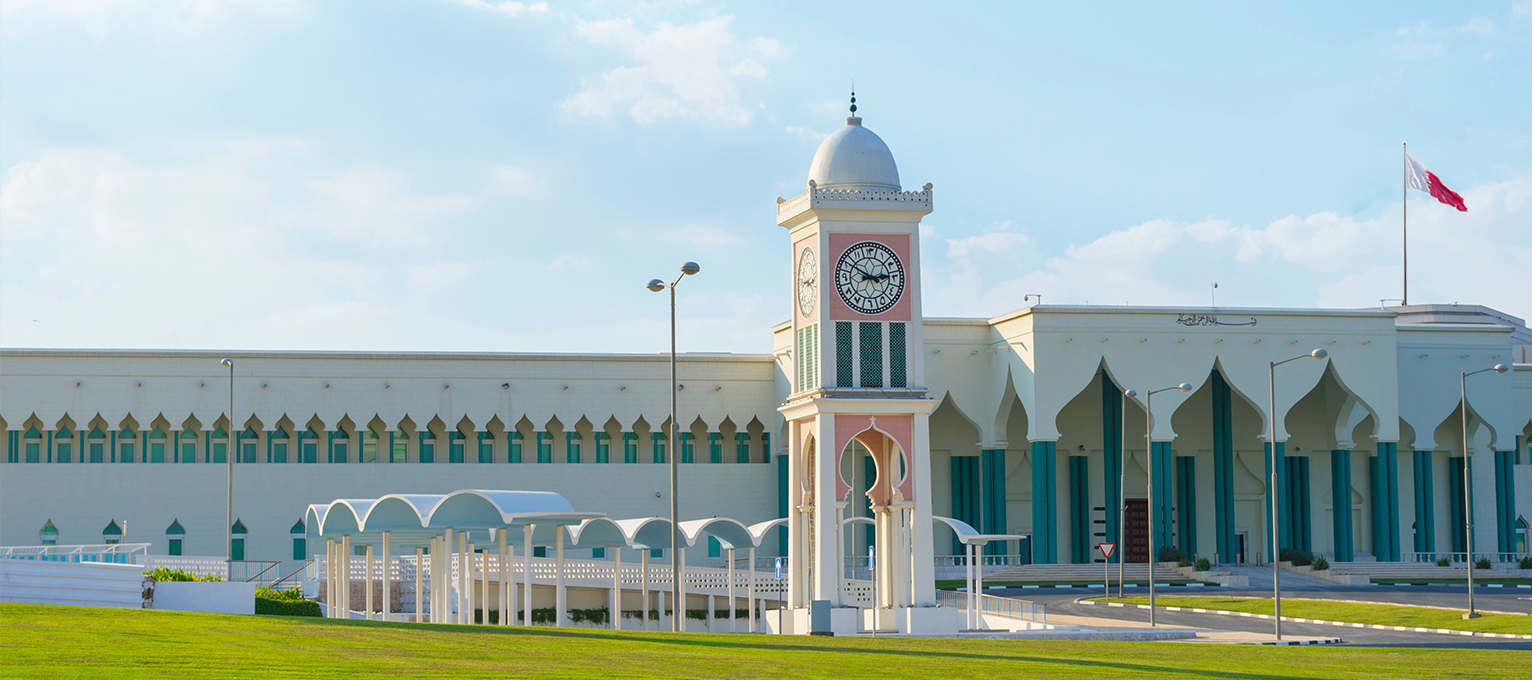



The Amir is the head of State. His person shall be inviolable and shall be respected, he is the Commander-in-Chief of the armed forces, and represents the State internally and externally and in all international relations.
The system of government in the country is based on the principle of separation of powers and their collaboration, where the Amir assumes the executive power, assisted by a Council of Ministers as prescribed in the Constitution.

The executive power in the State of Qatar consists of the Council of Ministers, ministries, governmental authorities , institutions as well as a number of other government organs .
The Advisory (Shura) Council is the legislative authority. The judicial authority shall be vested in courts of law in accordance with the Constitution.
The Prime Minister presides over the sessions of the Council of Ministers, and shall manage its deliberations, and supervise the coordination of work among various ministries in order to achieve unity and synergy among government organs.
The Ministries shall be established by an Amiri order on a proposal by the Prime Minister. The powers of ministers and competencies of the ministries and other government organs, bodies and institutions, shall be specified by the law.
The Council of Ministers, in its capacity as the supreme executive power, shall be charged with the running of all internal and external affairs, which fall within its competences as prescribed in the Constitution and the provisions of the law. The ministries, other government organs, bodies and institutions shall be responsible for discharging public policies and programs.